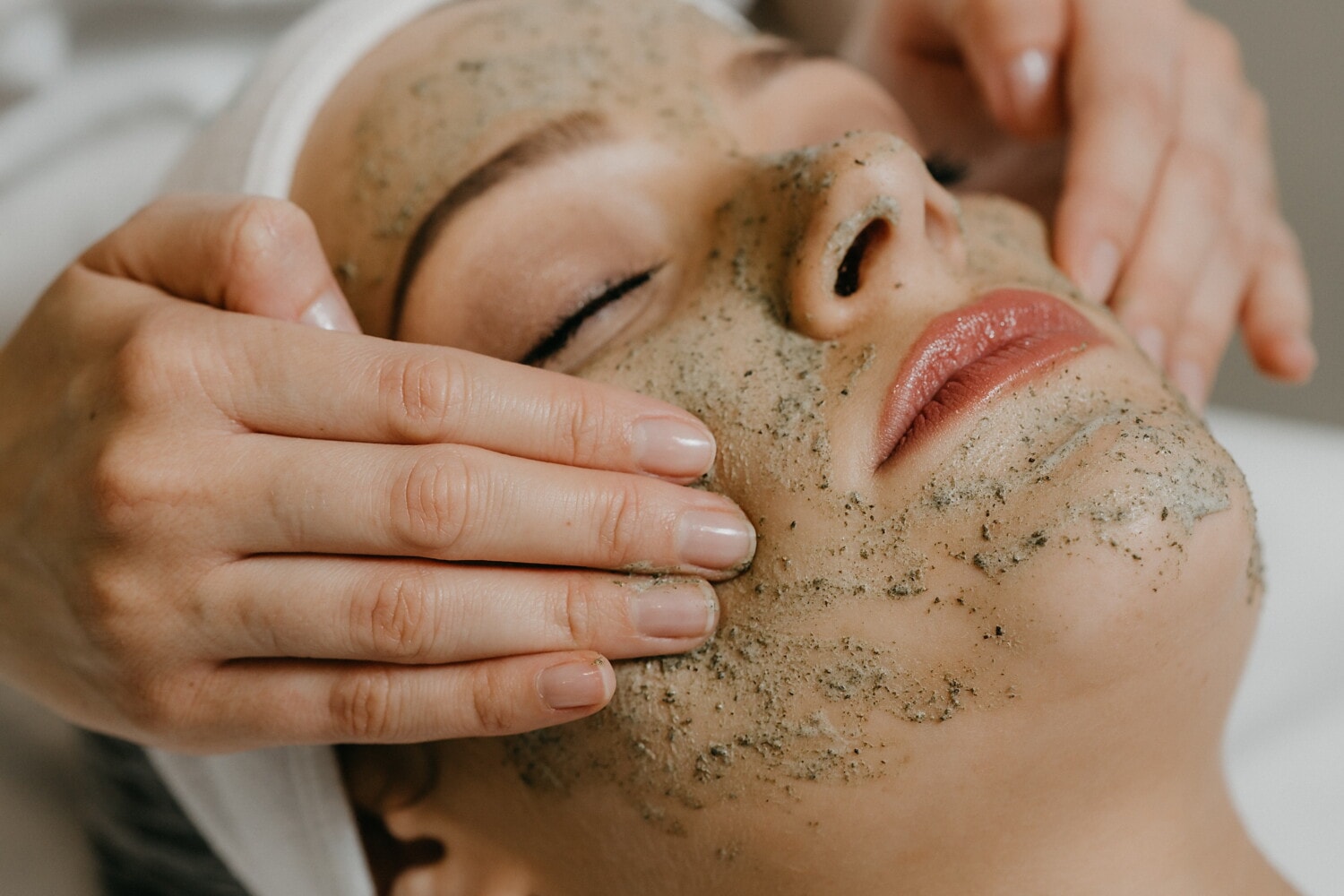The gentlest cleansing and exfoliation
If you follow even a little bit of what’s going on in the beauty industry, you’ve probably heard about enzymes many times before. From mystery enzyme cleansing powder to creams, masks and lotions, more and more products are showing up on shop shelves. Let’s find out what enzymes are, how they work on your skin and why we all really need them.
Enzymes are enzymes made up of amino acids that our bodies require as catalysts for certain reactions. Enzymes that we produce ourselves are mainly involved in digestion and metabolic processes. Another enzyme used in cosmetics is a plant enzyme. They are extracted mainly from pumpkin, papaya and pineapple. The main property of enzymes, for which they are so valued by dermatologists and manufacturers of cosmetics, is the ability to exfoliate the skin gently without harsh treatment.
Acting gently, the enzymes break down the protein compounds that hold in place the already dead keratinized cells on the surface of the skin. The result is smooth, flake-free and uneven skin. When used properly, enzymes also help combat hyperpigmentation and post-acne.
Who are enzymes good for? Generally, everyone, just those with oily skin may not be able to adequately treat deep cleansing skin (with salicylic acid coming to the rescue). Enzyme cosmetics are most often recommended for dry and sensitive skin: they do not cause mechanical trauma as scrubs do, and do not affect the pH of the skin or cause irritation as acids often do.
If you’ve never used enzyme cosmetics, it’s best to introduce them to your grooming routine gradually. Despite their gentle nature, it’s best to start using any exfoliants 1-2 times a week. If you find it’s not enough, you can gradually increase it to 3-4 times a week. A true beauty sensation in recent years, enzyme powder is a fine powder that forms a foam upon contact with water. Depending on how much water you mix the powder with, you can get a mild scrub or a cleansing foam. Enzymes can also be found in facial masks, cleansers and lotions. Enzymes, by the way, can be used not only for facial care – enzymes are excellent for dealing with flaky skin on the body and even with ingrown hairs after shaving.
Enzyme cosmetics should be stored in a dry, dark place and make sure the packaging is sufficiently sealed. Natural enzymes can lose their effectiveness if kept in conditions unfavourable to them. And, of course, don’t forget to test for individual reactions: enzymes are extracted from fruit, which can cause allergies.






